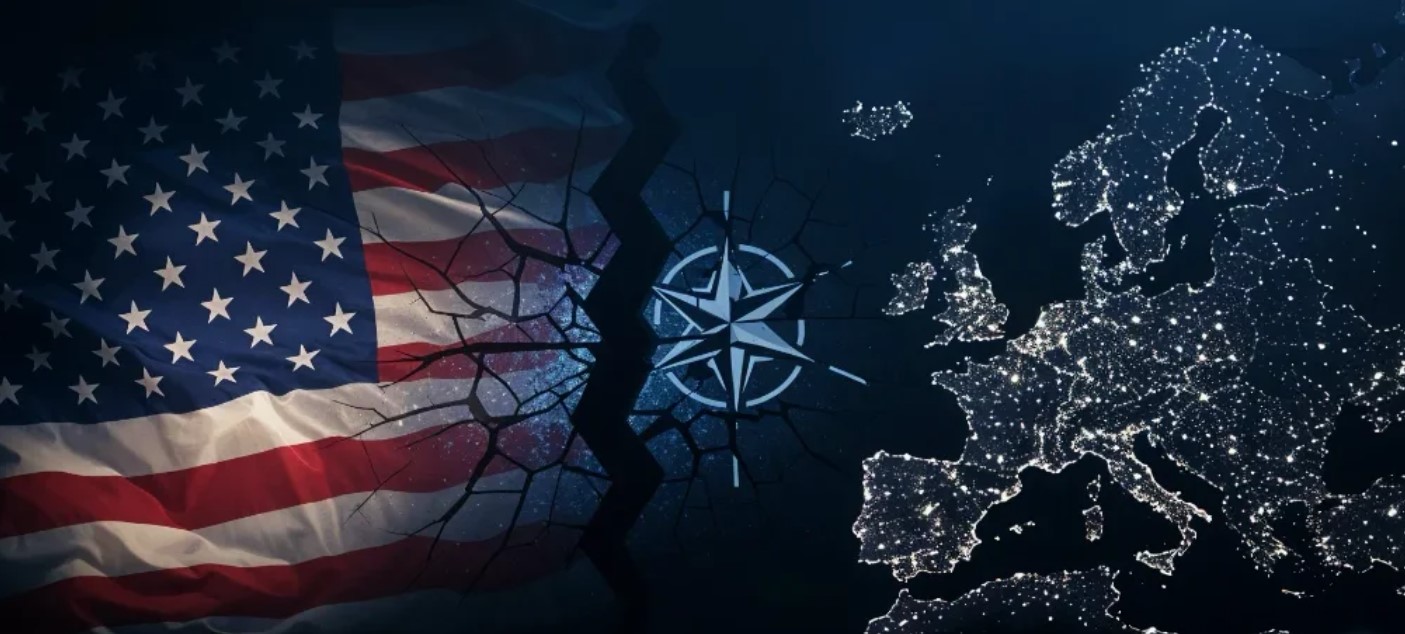 While curious penchant for imperialist policies of the past centuries in the world still attracts President Trump 2.0 to consolidate its unchallenged global hegemony, suffering cracks due to Russian and Chinese ascendance in international and global affairs both individually and collectively and further in association with like-minded autocratic regimes of North Korea and Islamic hardliners like Iran, Lebanon and Yemen etc., the cumulative effect of aforesaid imperialist assertions by America may perhaps hurt the hitherto solid Anglo-American Unity and the NATO alliance led by Washington itself to consolidate democracy throughout the world in general and the distinct liberal-democratic order of Europe in particular. Hence, one must not forget that equality, liberty, brotherhood, non-violence and peace etc. are the only cardinal features and universal values with which are blessed as these can instill solace, comfort and security among all of us to make our world human lives meaningful with substance in true sense of the terms.
While curious penchant for imperialist policies of the past centuries in the world still attracts President Trump 2.0 to consolidate its unchallenged global hegemony, suffering cracks due to Russian and Chinese ascendance in international and global affairs both individually and collectively and further in association with like-minded autocratic regimes of North Korea and Islamic hardliners like Iran, Lebanon and Yemen etc., the cumulative effect of aforesaid imperialist assertions by America may perhaps hurt the hitherto solid Anglo-American Unity and the NATO alliance led by Washington itself to consolidate democracy throughout the world in general and the distinct liberal-democratic order of Europe in particular. Hence, one must not forget that equality, liberty, brotherhood, non-violence and peace etc. are the only cardinal features and universal values with which are blessed as these can instill solace, comfort and security among all of us to make our world human lives meaningful with substance in true sense of the terms.